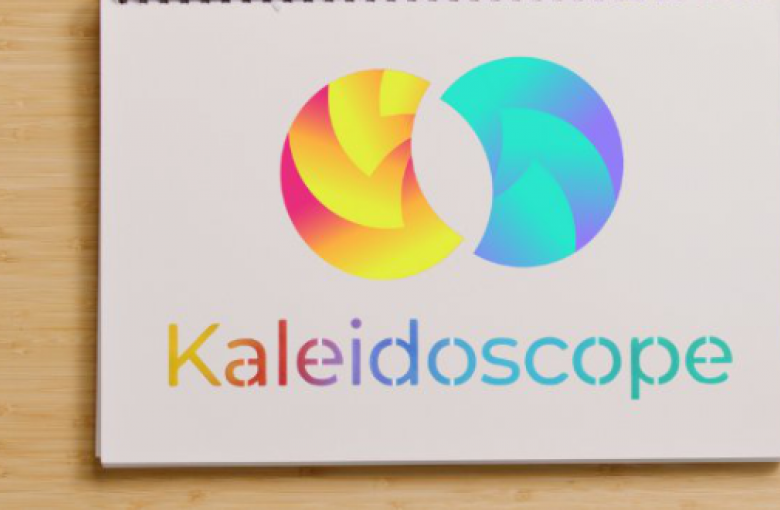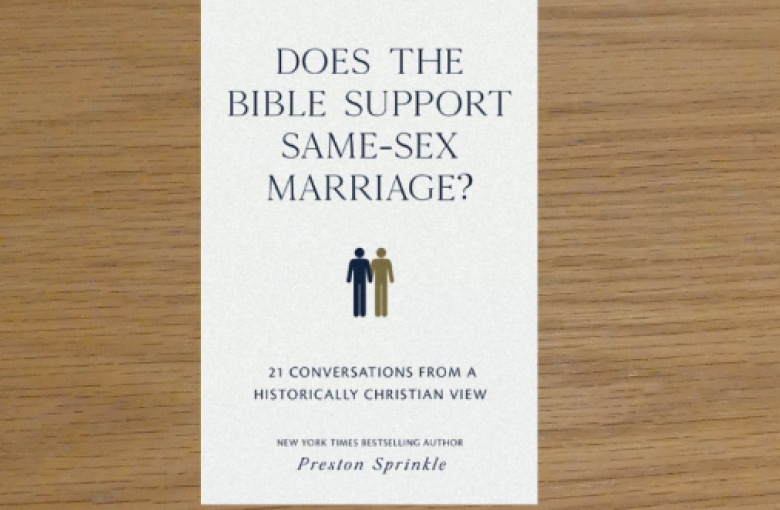When I first came across Living Out’s new youth series, Kaleidoscope, I was excited about the project. There have been fantastic courses aimed particularly at adults, but not very many current (or helpful) courses for young people. We desperately need interactive visual media for teenagers to connect with the complex matters of sexuality, gender and faith, especially since many Christians and youth groups shy away from teaching this topic. I’m very pleased to report that Kaleidoscope is a fun and dynamic resource that is pastorally appropriate, relatable and honest.
Articles referring to the modern Western culture
In Luke 15 we read the parable of the lost sheep and, in many ways, I think this provides a helpful framework for understanding the way western culture encourages the emerging generation to live. We read the story of a shepherd and His flock; the sheep live within the boundaries and safety of the fence; the shepherd tends to and cares for His sheep; the sheep hear His voice and they follow, trusting His leadership and care.
It’s easy to feel churlish about study Bibles. There’s one for every lifestyle and perhaps every season of life, and the differences between them are seldom obvious. For me personally, the idea of purchasing a whole new Bible just to get the 'study bits' offered in its margins is a little ludicrous. But I’ve made an exception for the NIV Upside-Down Kingdom Bible, because it has several features that are of great interest to me as a same-sex attracted person with an admittedly counter-cultural worldview.
When I picked up this short booklet, my interest was piqued. However, I was also somewhat sceptical of how the subject of polyamory or consensual non-monogamy (where “all parties agree that the relationship is not exclusive”) might impact me, my church and the ministry of TFT. By the time I’d finished reading the booklet, it had certainly made me sit up and take note.
Jesus didn’t say ‘Go and make friends’, but ‘Go and make disciples’. Both are not mutually exclusive, and both should be part of the lives of those who follow Jesus. Yet it is making disciples that is the more pressing commission given to us by Jesus Christ. As you make disciples, you cannot help but make friends too. Many years ago, I was a volunteer staff member at a Baptist Church in the north-east of England.
Three years ago, I reviewed Preston Sprinkle’s book "Embodied". At that time, I wrote, “Sprinkle has a rare capacity as an author: on the one hand, to manage to be emotionally warm, personable, people-orientated, empathic and real; and on the other, scientifically rigorous, clear and theologically coherent.”






